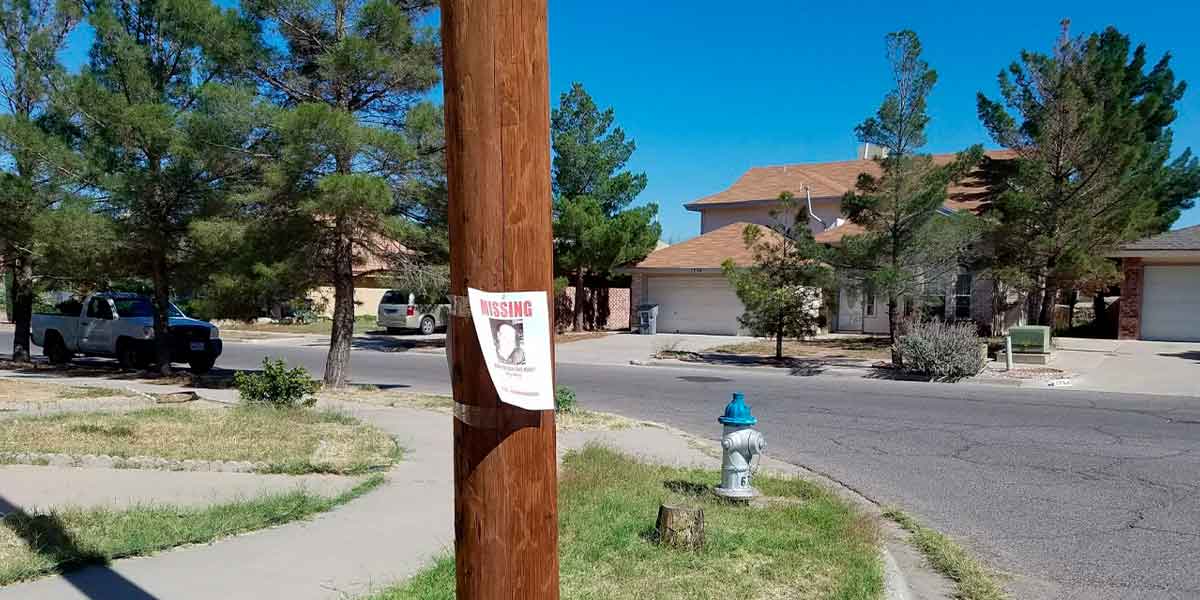You have been assigned the role of an estate executor, and then after the probate is done, you realize that one of the beneficiaries cannot be found.
What do you do?
Well, as an executor of the estate, you have the task of making sure all beneficiaries get their portion as expected. This is made easy by the deceased in his will. When drafting your will, it is a requirement that you list all your beneficiaries and their location.
However, while the testator might think that the beneficiary is somewhere, in reality they might have moved out of their original location to settle somewhere else without him knowing about it.
Another reason might be the beneficiary is hard to trace due to the fact that the testator put the information wrongly.
It is a fact that some of us see our parents after several years. And since some jobs require us to move from one place to another, we end up staying at a central place which we fail to communicate to our parents, or family.
This represents a huge dilemma to the executor, because he won’t be able to trace the beneficiary to share in the parent’s estate.
As the executor, you shouldn’t distribute an estate and leave out a beneficiary without trying to ascertain where they are. Doing this is regarded as a breach of your duty and if the beneficiary turns up later on, you will have to pay him from your own pocket.
When trying to find the beneficiary, you need to make sure you keep the records of your foray. This is because when it fails, you need to show that you tried, and the records will be important in court.
Let us look at the steps to use to try and trace the beneficiary.
Use a Genealogy Firm
This is usually ideal when the person died without leaving a will behind. The executor tries to establish the family tree of the testator using genealogists.
The chances that you will find beneficiaries are slim, but at the end of the process you better have tried and failed than never tried at all.
Place Notices
The next step is to use media to try and track down the person. In this case, try and put notices in newspapers. If anyone knows the beneficiary, they will contact the number that you offer. Place the ads in a local newspaper or in a newspaper that serves an area that the beneficiary as last seen.
Ask the Immediate Family and Friends
The immediate family can give you direction on where to start looking for the person. Using the last place they worked or were seen, you can start tracing steps to try and find the missing beneficiary.
What If the Beneficiary Cannot be Traced?
If you cannot trade the beneficiary even after using all ways, the next thing would be to protect yourself in case the missing beneficiary comes later on.
Have a Reserve Fund
You need to set aside part of the estate that is equals to the amount that the beneficiary was assigned. You can then distribute the remainder of the estate to the other known heirs as per the stipulation of the will.
If the missing person makes an entry within the allowed timeframe, you can pay them their share.
Use missing Beneficiary Insurance
You can distribute the estate to the other beneficiaries then apply for insurance against the missing heir turning up and claiming for it. This will shield you against any lawsuit that the missing beneficiary might come up with because the insurance will cover this,
However, make sure that the amount to insure is equal to the amount the beneficiary was supposed to get at first.
Talk to an estate planning attorney to advice you on setting up the insurance policy.
Use an Indemnity
You can execute the whole estate to the rest of the beneficiaries and then get into an agreement with them. The indemnity should be such that if their sibling comes later to claim for his share, then they contribute. This should be done with a lot of caution because it is not appropriate for large sums of money.
The Lowdown
When it comes to a missing beneficiary, you need to be careful so that you don’t fall into problems. Try as much as you can to locate him. If you cannot, then you can come up with ways to shield yourself so that you don’t end up paying for the share when the person turns p.







